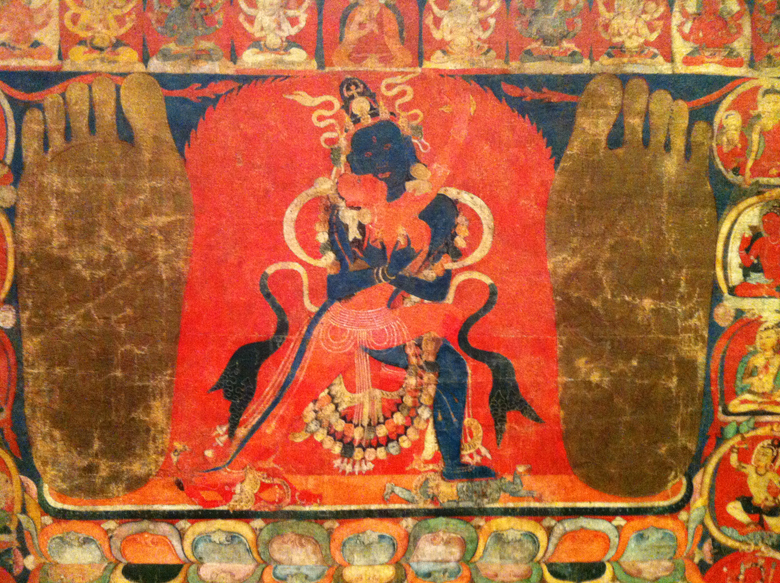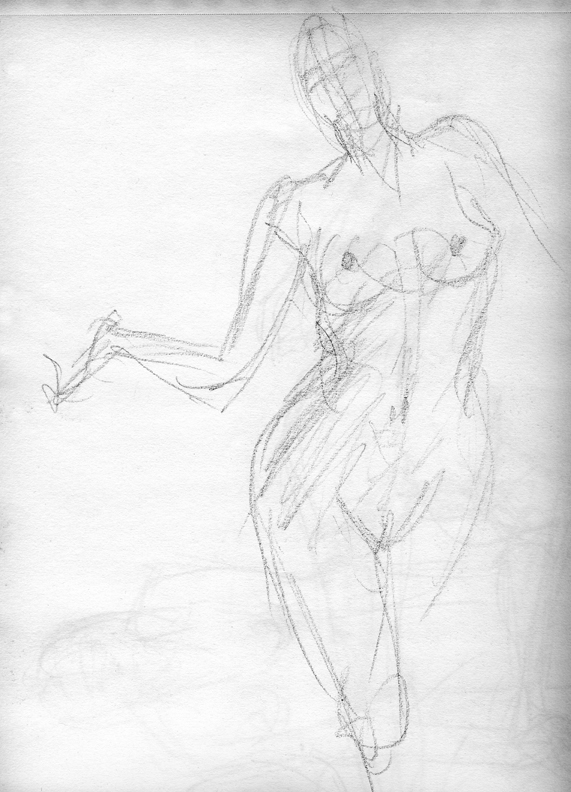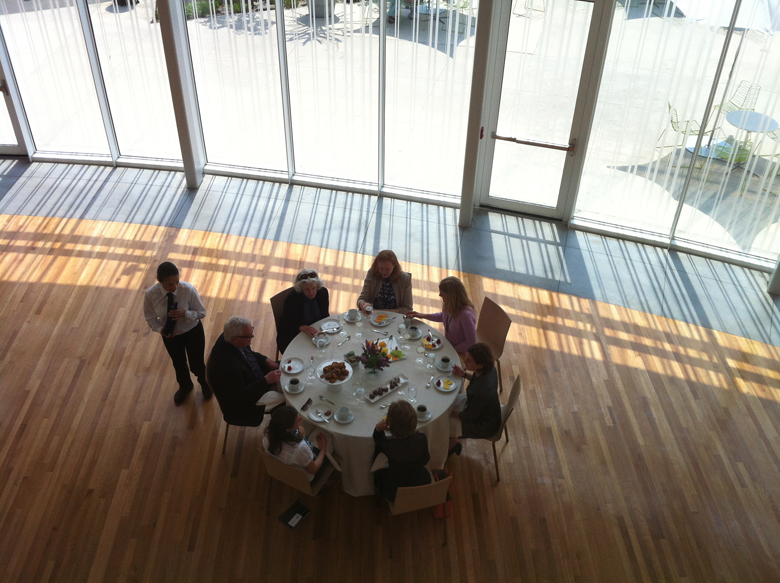
CI
Well, Al Roker said to the Captain,
A weather man ain’t nothing but a man…
The first factory is the womb
Lives as currency in the great exchange. Social unrest is simply turbulence in the market concerning the exchange rate for lives against land, property, silver, gold, diamonds, spices ad astra.
What does Black lives matter mean but that black lives, as distinguishable from other lives, i.e. the value of people with Sub-Saharan Africans visibly in their bloodlines, are undervalued in the social marketplace?
Lives, not so much as sacrificed, à la Wicker, but lives as subjugated or sublimated to the order of things. Lives as units of exchange. One English child, circa 1857 in India is worth how many Sepoys? And the value of one English child, indistinguishable except by class and physical location in the pits of Yorkshire, or the mills.
Once you have arrived at the idea of a sovereign who connects the divine order to the earth – like a lightning rod – you can replace the sovereign and his system with a more corporate notion of the nation state, one that acts as an electrical grid for the delivery, denial and general rationalization of power.
Prove you’re a human and then we’ll negotiate your value.
According to type and market conditions.
What’s the difference between an NGO and a GMO.
Nature abhors a Hoover.
Damn!
And volcanic eruptions may be measured by orders of magmatude
Two four six eight
Organize to smash the state
Attica means fight back!
Squeeze the baby from the belly of nineteen seventy-one…
Turns out no squeezing was needed: the epoch was ten centimeters dilated and ready to push. To deliver.
I would like to substitute the question of who owns the means of production for an inquiry into the authorship of the idea of order of things.
Things indeed may have an order, but it is not a divinely granted order we construct or attempt to recapitulate in conformance with god-ordained plan. It is an order which, no matter what we do or think, we exist within, even as it exists within us. It does not need to be defended or defined. It is pure illusion to think one can.
The trees along the highway to Attica will turn yellow, orange and red in the fall, regardless of amnesty or massacre. Some trees will stay green. This year as in 1971, though some of the trees will have fallen, others standing then will be rotting now, and a host of new ones will have grown according to their disposition and circumstances.
Many of the brothers in D-yard died as inmates. A few years after the prison was “reopened,” Rocky died inflagrante. Breath comes and goes. That’s the order, Nelson. That’s the order, Tom. That’s all.
The Movement, as it turned out, didn’t have much ROM
The rider was killed by the fall, but his horse is in stable condition
“Everything I got from what everybody was saying, the prisoners were getting more militant, they were making weapons, bombs, trenches, barricades…” So Rocky testified before the official commission on the uprising. Ah, building castles in Attica…
Attica, Troy, Syracuse, Rome…
Courant the Hudson. Courant the mighty Styx. And ductile Arethusa. Courant the Danube Don Vistula Volga Kongo Amazon Orinoco Plate Nile Jordan Ganga. Susquehana.
Courant Mississippi Colorado Grande Futelefu Yukon. Roll on Garonne Dordogne to Neva Neva-land. And ferry cross the Mersey. And always, always obey the Loire.
Don’t get mad
Get nomad
And after all she does permit a fish to fly,
deft and defiant. Each such ascent
consoles our rule-bound world, reprieves it
from necessity’s confines – more
than enough for the world to be a world.
And after all she does permit us baroque gems
like this: a platypus that feeds its chicks on milk.
She might have said no – and which of us would know
that we’d been robbed?
But the best is that
she somehow missed the moment when a mammal turned up
with its hand miraculously feathered by a fountain pen.
[Wisŧawa Szymborska, from “Thomas Mann,” Poems: New and Collected. Stanislaw Baranczak and Clare Cavanagh, trans. New York: Harcourt, Inc., 1998]
Did she, Wisŧawa? Did she? Or did we miss her?
Oswald, the state corrections commissioner, having sandbagged the observers’ efforts by announcing that they had “recommended” the 28 points for reform he had agreed to, when, in fact, they had specifically sought to make clear they were not recommending them, agrees to meet the inmates’ demand for a contingent of media folks, black, white and Latino, to visit them in D-yard, to verify that the hostages were being well-treated.
Duly, seven observers, including Wicker and Jaybarr Kenyatta pass from the administration building, through A-block to No Man’s Land, where Dunbar, Oswald’s assistant, asks an inmate guard to summon a member of the leadership.
Richard X Clark meets the observer group and, according to Wicker:
Kenyatta gave Clark a brief account of how the commissioner’s message had been sprung on the observers after having been written and delivered [to the inmates in D-yard] without their knowledge. Richard’s face did not change. Wicker repeated that no one had any knowledge of the document. Richard’s eyes flicked over to him and away.
“This brother’s levellin’,” Kenyatta said. “He volunteered to come in and interview the hostages, make sure they okay.”
Clark did not even look at Wicker. “Some of the brothers would love to kill you guys,” he said.
Kenyatta went through his assurances again, sounding a little desperate. Wicker added that the document was Oswald’s own, as was the reference to “recommendations.” The observers had had no part in drafting the statement.
“I can vouch for that,” Dunbar said, pipe in hand.
“Why should we believe you?” Clark’s voice was toneless.
“Because in 35 years in corrections work, I’ve never lied to an inmate.”
“How ‘bout to a man?”
Dunbar shrugged and stepped back, clutching his pipe.
Neither will television be revolutionized
Once you teach a stone to walk, it can get to the bloodbank on its own steam
Just rolling
Mommy, wyeth he painting every blade of grass?
Come all you young maidens,
Take warning from me.
Shun all engine firemen and their company;
He’ll tell you he loves you and all kinds of lies,
But the one that he loves is the train that he drives.
I once loved a fireman and he said he loved me;
He took me a-walking into the country;
He hugged me and kissed me and gazed in my eyes,
And said, “You’re as nice as the eight-forty-five!”
He said, “My dear Molly, just say you’ll be mine;
Just give me the signal and let’s clear the line.
My fires they are burning and the steam it is high –
If you don’t take the brakes off I think I will die.”
I gave him this answer, saying “Don’t make so free!”
For no loco fireman shall ever have me!
He’ll take all your love and then, when you’re in need,
He races away at the top of his speed.
A sailor comes home when his voyage is done,
A soldier gets weary of following the drum,
A collier will cleave to his loved one for life –
But a fireman’s love is the engine, his wife!
[“The Fireman’s Not for Me,” The Shuttle and Cage: Industrial Folk Ballads. Ewan MacColl, ed. London: Workers’ Music Association, 1954. p. 30]
At T. you meet a waiter, perhaps a youthful fifty-something, who came here from France to dance in Cunningham’s company. In everyday life he goes by Bruno, but his nom de scène is Baldapo (pronounced baal-da-poe) a contraction of Balthazar de l’apocalypse.
There had been considerable commotion off to the right of the leadership table as the observers looked out over D-yard toward C-block in the distance. The crowd parted and the security chain swung around; a long line of the hostages, each with his personal guard and clad in gray prison clothes, shambled into view. Some had bandages on their heads. All seemed to be walking and standing by their own strength.
“Look there,” Champ [Roger Champen] said. “We know who that is at the head of the line, don’t we? Sho’ do know Cap’n Wald. And there’s Lootent Curtiss, ain’t it?” The crowd was laughing now, deriding the line of captives, following Champs insistent sarcasm. “Our ol’ friend, Sarg’t Cunnin’ham. And look there if it ain’t ol’ Red Whalen, the big boss hisself, used to whale our ass.” There was a roar from the crowd, half derisive laughter at Whalen’s plight, half anger at the reference – all, Wicker thought, verging on the hysterical. Champ was playing with fire, but he skillfully began to “cook it.”
“Well, now we bigger’n they are,” he was saying. “We human. We gone be human to them. And the brothers gone let the world know that they was beastly to us, but we was human to them.” He went on to explain that Wicker and the other “reporter brothers” would interview the hostages for the evening television shows, so that the world could see they were unharmed.
“And do you know one of these hacks say to me, ‘Champ,’ he say, ‘why they doin’ this to us?’ Now that’s unbelievable. That’s unbelievable. They have so endowed their minds with the junk they been doin’ to us they can’t face reality any more… They don’t have nothin’ to play with no more, no whips, no clubs, no toys.” He gestured at the line of miserable hostages, most of whom were looking straight ahead with carefully expressionless faces. “Now there’s an element over there that seems what is really hap’nin’, and that sees there’s time for a change. But why didn’t they see that before?” [Wicker, ATTD, p. 232]


